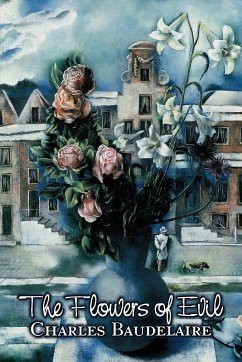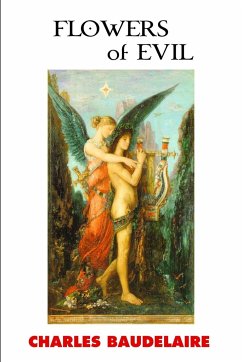The poems deal with themes relating to decadence and eroticism. Charles Baudelaire opens The Flowers of Evil with a poem entitled "Benediction," and it's special stuff -- but of course it is, we're talking about a poem by Charles Baudelaire, for god's sake. When by the changeless Power of a Supreme Decree The poet issues forth upon this sorry sphere, His mother, horrified, and full of blasphemy, Uplifts her voice to God, who takes compassion on her. "Ah, why did I not bear a serpent's nest entire, Instead of bringing forth this hideous Child of Doom! Oh cursèd be that transient night of vain desire When I conceived my expiation in my womb!"
Hinweis: Dieser Artikel kann nur an eine deutsche Lieferadresse ausgeliefert werden.
Hinweis: Dieser Artikel kann nur an eine deutsche Lieferadresse ausgeliefert werden.








